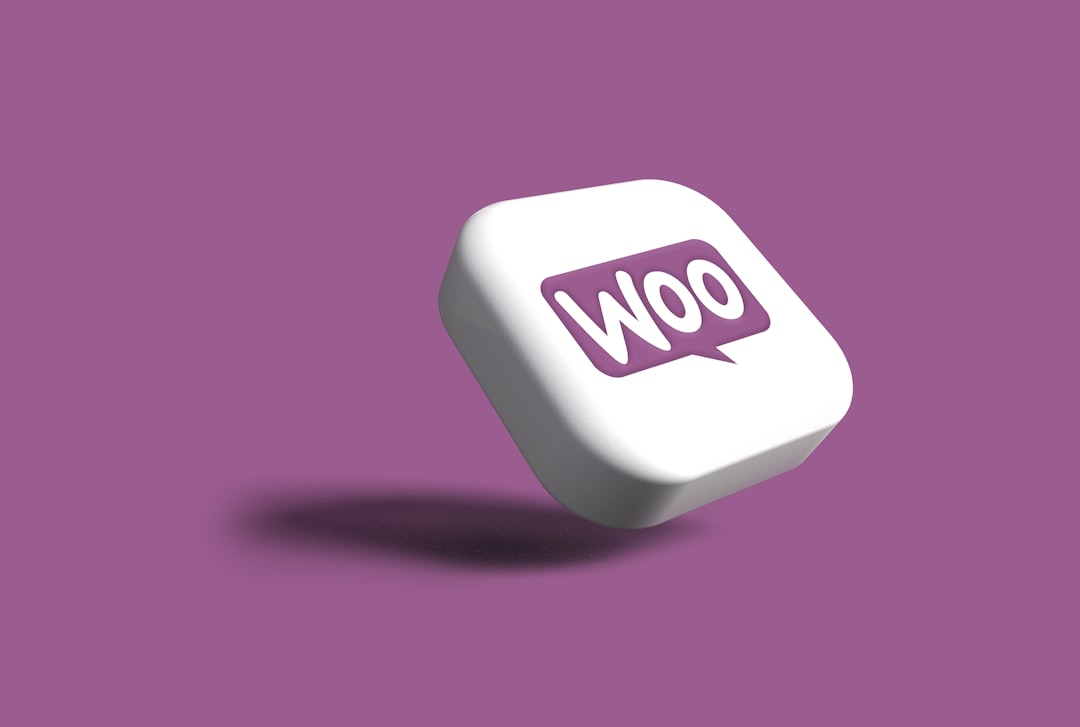If you’re planning on building a website, you’ve likely come across two of the most popular platforms on the market: WordPress and Wix. Both offer unique features and capabilities that can help you launch a site quickly, but the ideal choice depends on your goals, skills, and budget. In this article, we’ll break down the key differences between WordPress and Wix to help you figure out which one fits your needs best.
What is WordPress?
WordPress is an open-source content management system (CMS) that powers over 40% of all websites on the internet. While there’s also a commercial version, WordPress.com, most people refer to WordPress.org when talking about the full self-hosted platform. With WordPress, you get full control over every aspect of your website, from design to hosting, plugins, and more.
What is Wix?
Wix is a cloud-based website builder designed for users who want a simple and straightforward way to build a website. Wix includes hosting, templates, drag-and-drop functionality, and an app store — all in one place. It’s built for ease of use and is geared more toward beginners and small business owners.

Ease of Use
Wix: Wix wins in terms of user-friendliness. Its drag-and-drop editor makes it extremely easy to add text, images, videos, and apps without needing to know anything about coding. It’s ideal for people who want to build a simple website as quickly as possible.
WordPress: WordPress has a steeper learning curve. While it doesn’t require you to be a coding expert, tasks like customizing a theme, installing plugins, or handling security may require some technical understanding. That said, its flexibility makes it a powerful tool once you get the hang of it.
Design and Customization
Wix: Wix offers over 800 designer-made templates, and the drag-and-drop editor gives you the freedom to customize them as you see fit. However, once a template is selected and the site is published, changing templates afterward is not possible without rebuilding the content.
WordPress: WordPress provides thousands of free and premium themes that can be customized extensively. You can even modify the backend code or create your own theme from scratch. For those with more technical skills or access to a developer, WordPress offers nearly limitless design possibilities.
Flexibility and Features
WordPress: This platform is incredibly flexible due to its open-source nature. With over 59,000 free plugins, you can add virtually any feature you want, including e-commerce, SEO tools, membership systems, and more. If a plugin doesn’t exist, a developer can build one for you.
Wix: While Wix also provides an app market with many integrations, it’s not as expansive as WordPress. You get a good selection of tools, including a blog, store setup, and form builders, but you’ll hit limitations if you need features that are highly customized or specific.
E-Commerce Capabilities
- Wix: Features a built-in e-commerce platform with tools to manage orders, payments, and inventory. Ideal for small to medium-sized stores. However, it lacks multi-channel selling and advanced inventory options compared to dedicated platforms.
- WordPress: When combined with plugins like WooCommerce, WordPress becomes a powerful e-commerce engine. You can run large-scale online stores, customize the checkout process, and even integrate with third-party fulfillment solutions.
SEO Capabilities
WordPress: WordPress is favored for its SEO capabilities. Plugins like Yoast SEO and Rank Math allow you to fine-tune meta tags, sitemaps, and schema markup. You also get complete control over site structure and URL formatting.
Wix: Wix has improved its SEO performance in recent years with better URL management and built-in SEO tools. However, advanced users might find WordPress more suitable for large-scale SEO campaigns.

Maintenance and Updates
Wix: One of Wix’s strongest advantages is that it handles all updates, server maintenance, and security issues. It’s a great “set it and forget it” solution for users who don’t want the hassle of site upkeep.
WordPress: With great power comes great responsibility. You’re in charge of updating themes, plugins, and the core software. Regular maintenance is important for functionality and security. However, many hosting providers offer managed WordPress hosting to reduce this burden.
Cost Comparison
Wix: Offers a free plan (with ads and limited features) as well as premium plans starting at around $16 per month including hosting. E-commerce plans start higher. While it’s an all-in-one package, costs can add up if you need many add-on features.
WordPress: The WordPress software itself is free, but you’ll need to pay for domain registration, hosting, and possibly themes or plugins. This gives you more flexibility in budgeting, but it also requires more setup and responsibility.
Support and Community
Wix: Provides direct customer support via email, phone, and chat, plus many tutorials and forums. For most issues, you can expect guided help or easy-to-follow documentation.
WordPress: The WordPress community is massive, offering tutorials, forums, and developer support. However, because it’s open-source software, you won’t have direct support unless you purchase managed hosting or engage with third-party developers.
Who Should Use WordPress?
WordPress is best for:
- Bloggers, content creators, and marketers who need advanced SEO and content tools
- Businesses and developers who want total control and customization
- Online stores with advanced functionalities and scalability needs
- Agencies building multiple customized websites
Who Should Use Wix?
Wix is ideal for:
- Beginners with little to no technical knowledge
- Small businesses wanting a beautiful site with minimal setup
- Creative professionals who prioritize design and visual appeal
- Users seeking an all-in-one package with support included

Conclusion: Which One to Choose?
The choice between WordPress and Wix ultimately depends on your individual needs:
- If you prefer ease of use and fast setup, Wix is likely the better option.
- If you want maximum flexibility and control over customization, WordPress will serve you better in the long run.
Consider the scope of your project, your budget, and your technical comfort level. Both platforms are capable and have their strengths, but taking the time to align them with your goals will save you time, stress, and money in the future.
Whichever platform you choose, remember that building a successful website isn’t just about the tools—it’s about how you use them to serve your audience and achieve your objectives.
